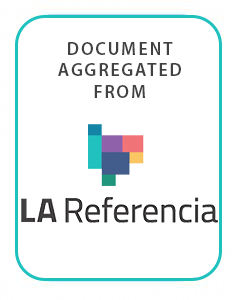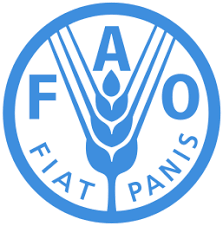The deforestation and the tragedy of the commons between VRAE coca farmers: 2001 – 2004
Forests at the tropical Valley of the Apurimac and Ene rivers (VRAE), the second coca-growing region of Peru, are public common resources and nevertheless privately managed mainly by coca farmers, without effective State control of such use. The need for survival of the coca farmers, their chrematistic perception of the forest, the cultivation of cocoa (theobroma cacao) and land availability are crucial factors influencing the rates of deforestation of primary and secondary forest. Variables such as the legality of land tenure seem to have no influence.






